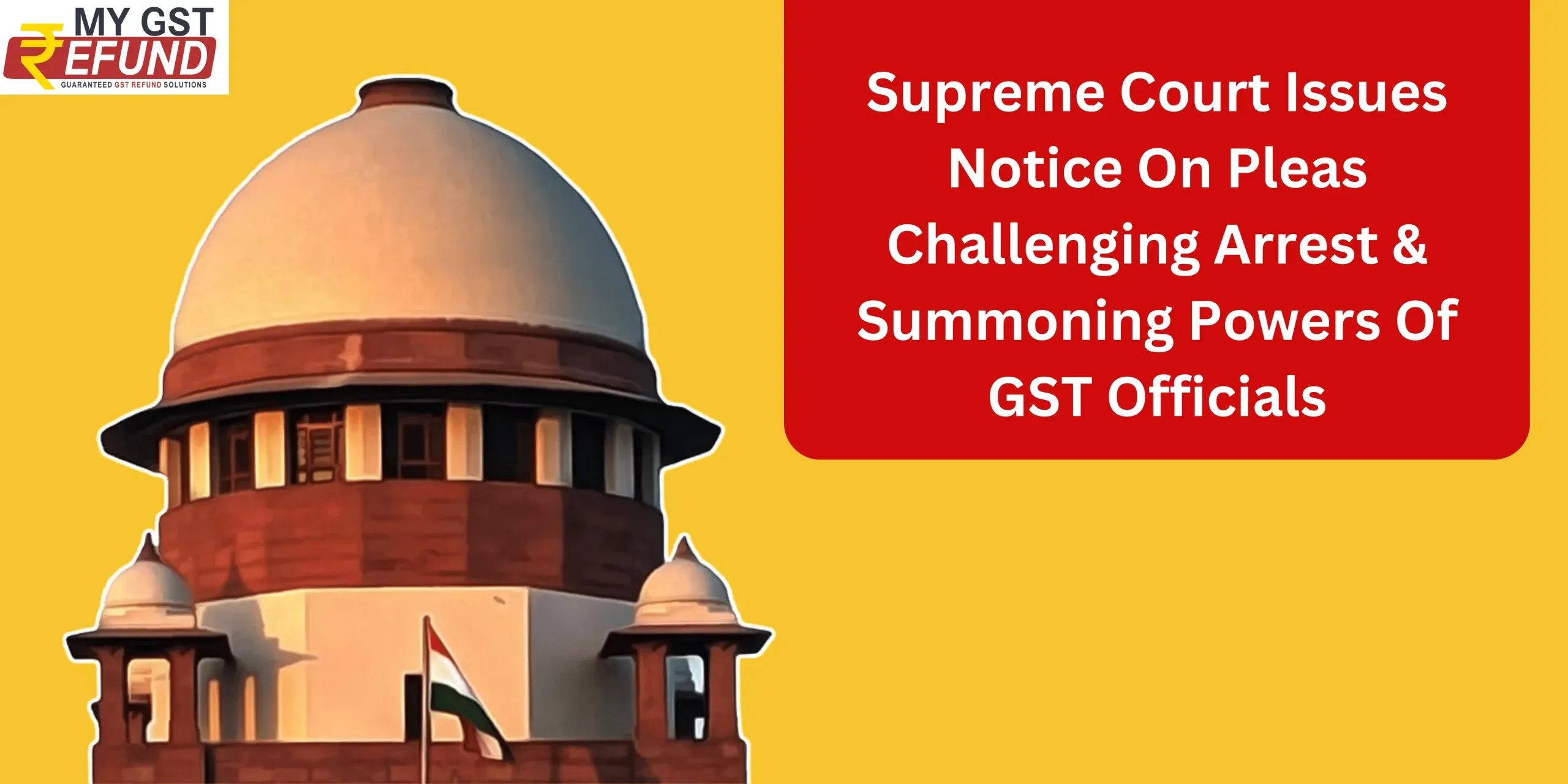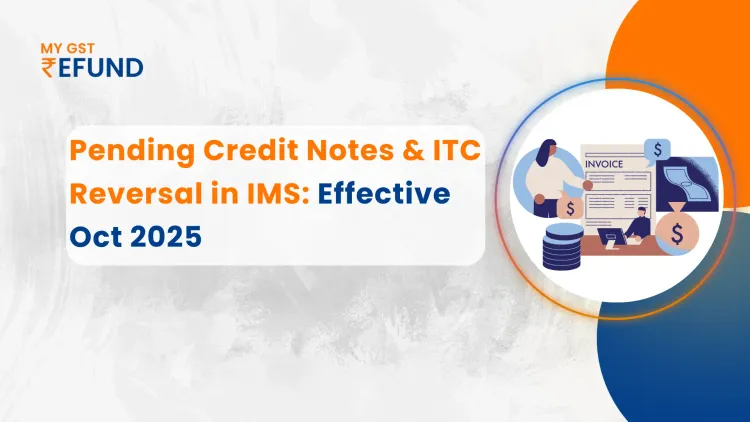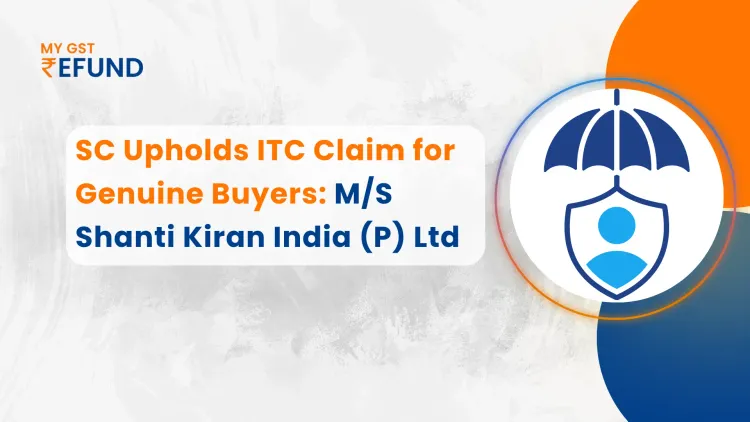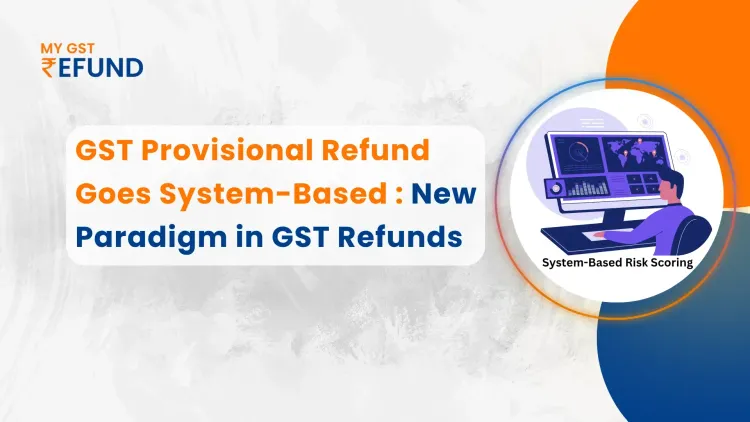Supreme Court Issues Notice On Pleas Challenging Arrest
Published on: Mon Aug 28 2023
On August 25, the Supreme Court issued notifications for two writ petitions, both filed under Article 32 of the Constitution of India. These petitions challenge the constitutional validity of specific sections within the Central Goods and Services Tax Act, 2017 (CGST Act). Notably, these sections are Section 69, which pertains to the power of arrest, and Section 70(1), which relates to the authority to summon individuals for testimony and document submission. The Court, led by Justices Sanjay Kishan Kaul and Sudhanshu Dhulia, has additionally imposed a stay on any coercive measures against the petitioners in question.
The crux of the petitions lies in the argument that Sections 69 and 70 of the CGST Act possess an unconstitutional nature due to their criminal implications. The contention here is that these provisions could not have been enacted under Article 246A of the Constitution of India, 1950. This is based on the assertion that the power to arrest and prosecute does not inherently align with the authority to impose and collect goods and services tax.
In elaboration, the petitioners have submitted that the jurisdiction granted by Entry 93 of List 1 in the Seventh Schedule of the Indian Constitution empowers Parliament to formulate criminal laws exclusively concerning matters listed in List 1, which does not include the realm of CGST. Consequently, Sections 69 and 70 of the CGST Act surpass the legislative authority of Parliament.
Further contentions highlight the discrepancy between the terminology used in the proceedings and the actual nature of the investigation. Although CGST officers wield the powers akin to those of police officers and civil courts during the investigation of offenses, the proceedings are categorized as an “inquiry,” and the summoned individuals are not labeled as “accused.” This distinction is crucial as the summoned individuals are not afforded the protections under Article 20(3) of the Indian Constitution, a situation that prejudices the petitioners.
Also Read: GST reward scheme on anvil; customers can participate in lucky draw
The petitions also draw attention to existing cases before the Apex Court concerning the obligatory adherence to the procedures outlined in the Code of Criminal Procedure, 1973 (CrPC) for the investigation of offenses under the same specialized act, i.e., the CGST Act of 2017.
In the current petitions, an inquiry was instigated by Respondent No.2’s office into allegations of GST evasion or non-payment. Given these circumstances, the petitioners have filed these writ petitions out of concern for possible coercive actions by the respondents. The main objective is to nullify the proceedings initiated and sustained against the petitioners under the CGST Act, particularly in cases of alleged non-cognizable offenses. This is based on the argument that the established legal procedures outlined in Chapter-XII of the CrPC, specifically Sections 154 to 157 and Section 172, have not been adhered to.
Case Title: Gagandeep Singh v. Union of India, W.P. (Crl) No. 339/ 2023, Gagan Kakkar v. Union of India, W.P. (Crl) No. 357/ 2023
Are you Looking for GST Refund Service? Mygstrefund.com offers GST refunds on business, exports, and many more if your GST application is rejected. Get in touch with us today.
Related Posts




